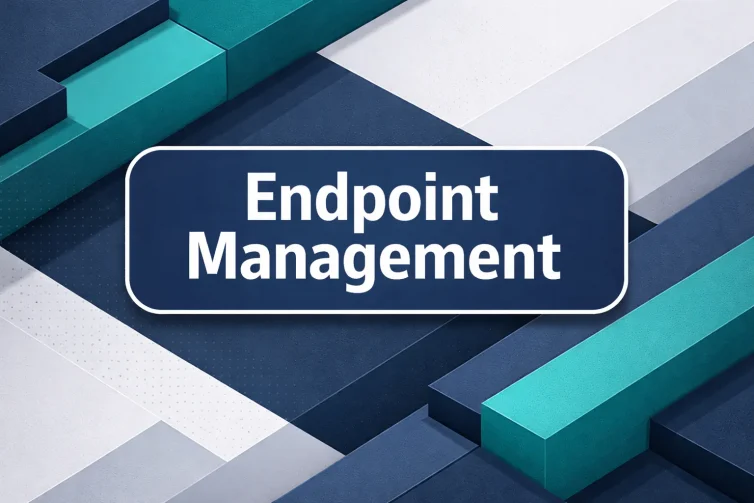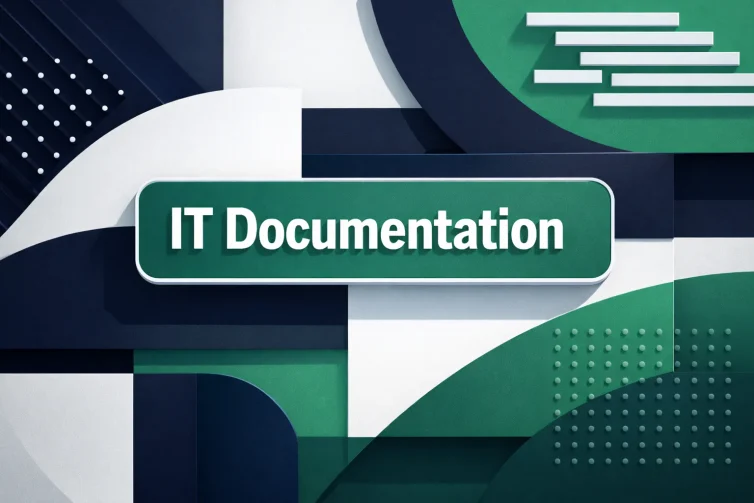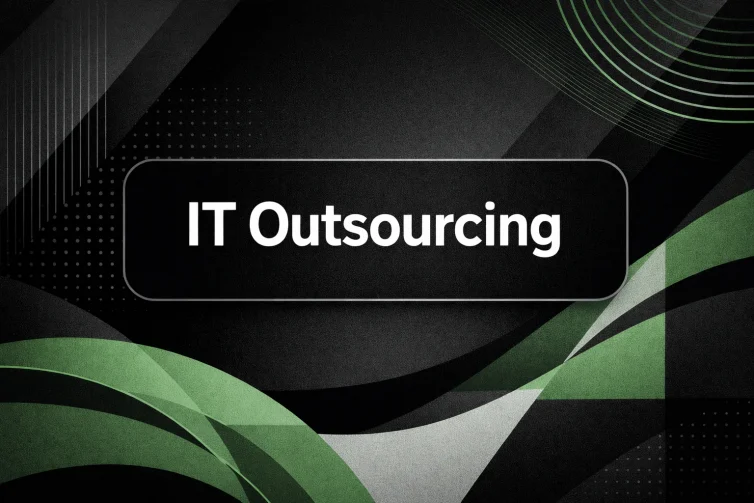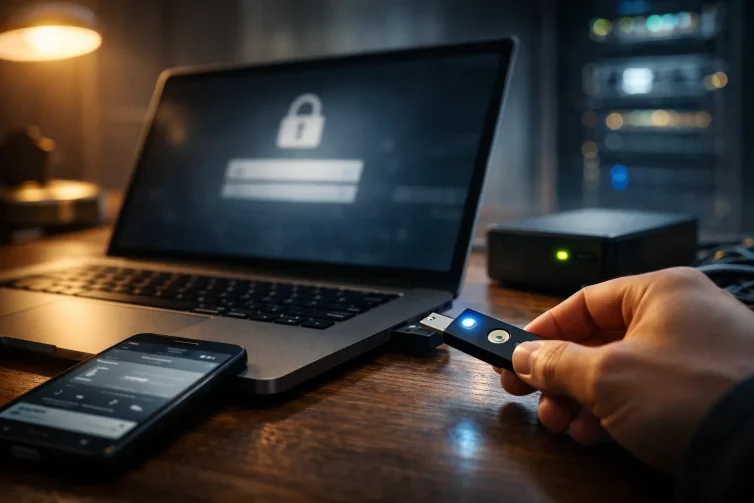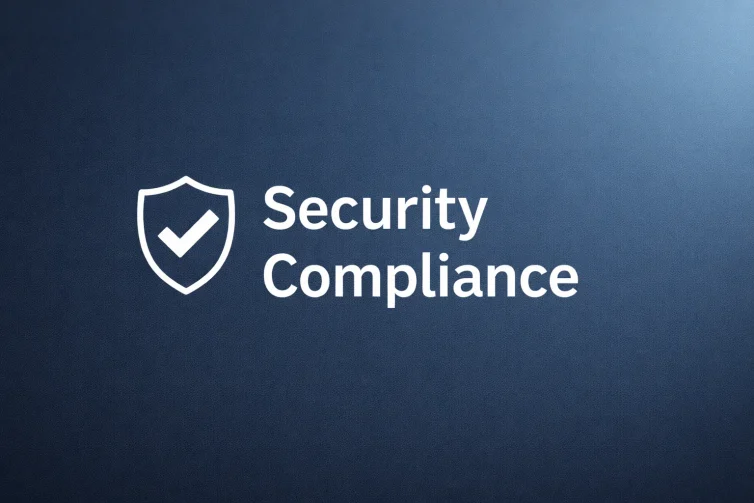Learn what endpoint management is, where it breaks down, and how centralized control reduces security risk and downtime for growing businesses.
Learn why IT documentation is critical for business continuity, cybersecurity, and scalable growth. Understand what to document and how it protects your operations.
Learn how to structure IT budgeting to reduce risk, control costs, and align technology spending with business goals. Practical guidance for growing organizations.
Learn when IT outsourcing makes sense, common risks to avoid, and how to choose the right provider for your business. Practical guidance for smarter IT decisions.
Learn how to run a cyber risk assessment that ranks threats by likelihood and impact, validates MFA, backups, monitoring, and response readiness, and builds a 30–60 day plan that reduces real exposure.
Learn what cyber risk really means, how to rank threats, and a 30–60 day plan to reduce exposure with MFA, backups, monitoring, and training.
Cyber insurance can help with breach response, downtime, and liability, but requirements matter. Use this checklist to buy or renew confidently with EZ Micro.
Cyber liability is more than insurance. Learn how to reduce exposure with MFA, tested backups, incident response planning, monitoring, and practical guardrails that support cyber insurance requirements.
Learn the PCI compliance requirements that matter most, how to define and reduce PCI scope, and how to build an evidence pack that stays audit ready. Includes a reusable checklist and common pitfalls to avoid.
Learn how rising regulatory pressure is changing data compliance for SMBs, what risks to watch for, and how to build practical, defensible practices.
Security compliance for SMBs explained. Learn how to manage controls, evidence, and compliance standards without overcomplicating operations.
Learn what regulatory compliance means for manufacturers, why it matters, and how structured processes support quality, audits, and production goals.

